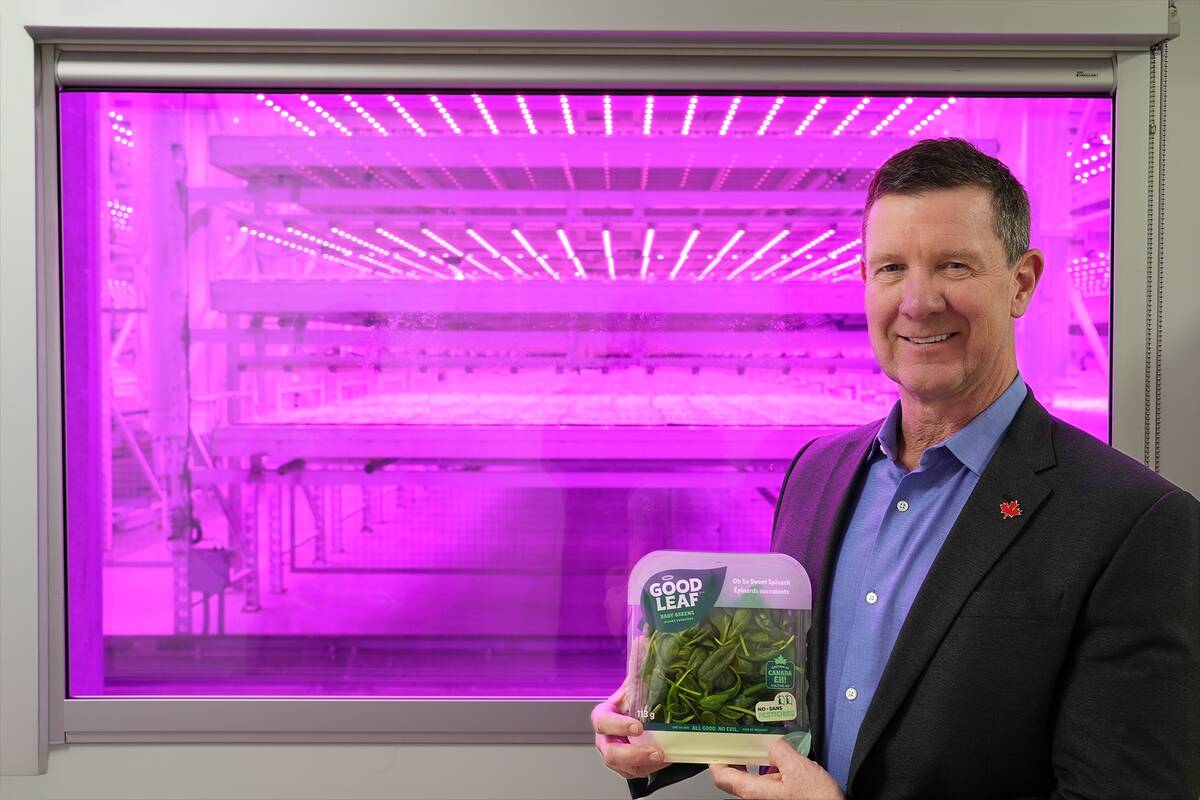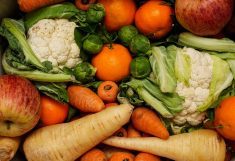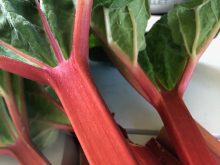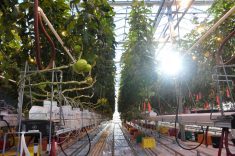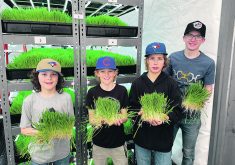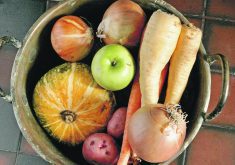Glacier FarmMedia – The Buy Local movement has long been popular in Canada, and it’s helping farmers and food businesses grow their markets.
Since the beginning of the year, the trade war with the United States has unleashed a growing wave of Canadian patriotism.
This sentiment is translating into an increased desire by consumers to buy Canadian-made products and support Canadian companies — and consumers are speaking with their wallets.
Read Also
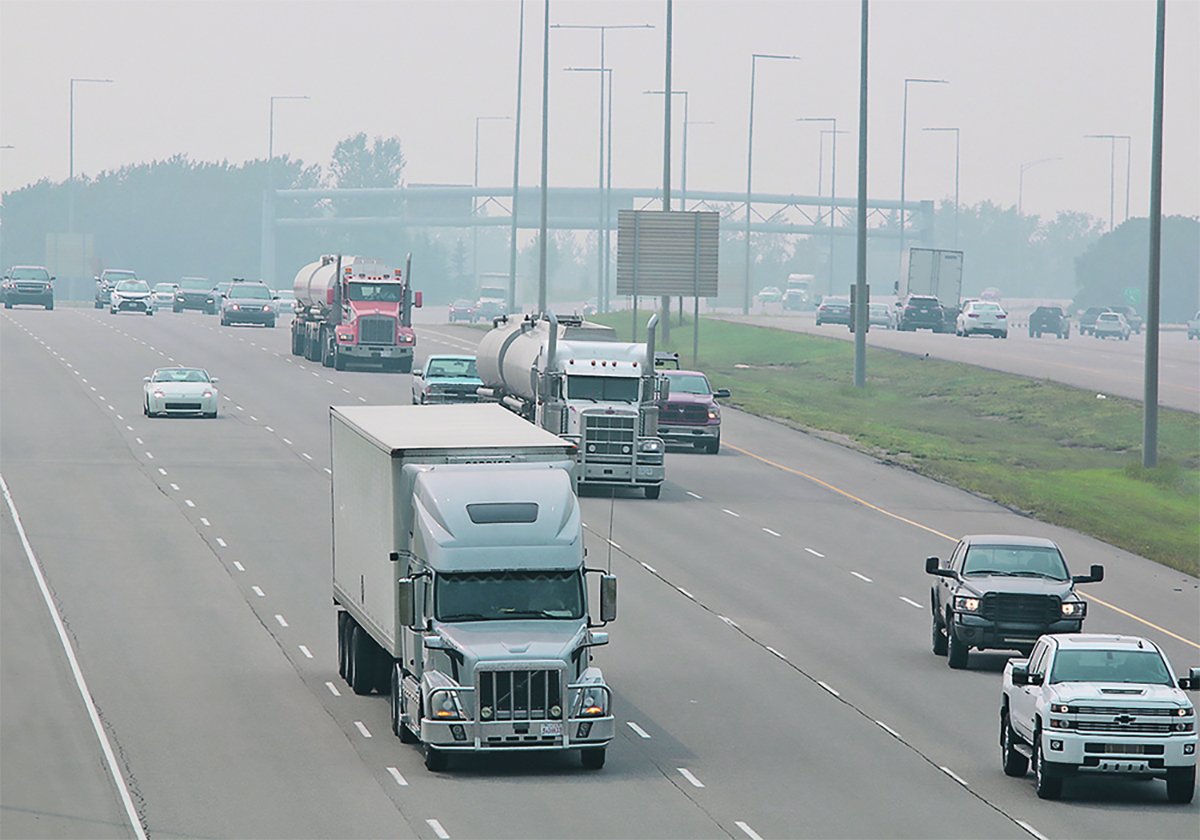
Alberta cracks down on trucking industry
Alberta transportation industry receives numerous sanctions and suspensions after crackdown investigation resulting from numerous bridge strikes and concerned calls and letters from concerned citizens
That’s been the experience at GoodLeaf Farms, a vertical farm growing baby greens, micro greens and salad mixes in Quebec, Ontario and Alberta.
Chief executive officer Andy O’Brien says interest from retailers and consumers has skyrocketed over the last few months.
“March 4 was the turning point for consumers, and I have never seen Canadians be more Canadian than now,” said O’Brien, referring to the first day that the U.S. imposed sweeping tariffs on Canadian goods.
“We saw a doubling of demand overnight, which is very challenging.”
The company works on a 21-day order cycle, so although there’s a certain amount of wiggle room for immediate production increases, more substantial growth takes a bit of time to ramp up.
However, GoodLeaf is ready, with two 115,000 sq. foot farms in Montreal and Calgary rapidly expanding their production, and a new research and development centre shortly launching at the 50,000 sq. foot Guelph facility. The new centre will focus on product development with light, air and water as well as sensory testing to continually improve crop taste and quality.
GoodLeaf’s products are sold nation-wide at major retailers, including Loblaw’s and Sobeys. Micro greens take eight to nine days to reach market readiness, whereas lettuce and baby greens need approximately 17 to 19 days until they’re ready for harvest.
All nutrients are added through the water, which is fed to the plants via their root system, and 98 per cent of the water that’s used is recycled.
“We measure yields per tray, how dense the plants are, the texture, aroma, taste and appearance through daily internal testing,” said O’Brien.
Guelph will soon be adding an automated weighing system to its facility, eliminating one of the few manual aspects of the production process, he added.
“What I want to get to is that no one touches the product except the person who bought it,” he said.
This attention to detail gives GoodLeaf’s products extraordinary shelf life compared to other greens — approximately three weeks for lettuce, for example — and it’s one of the benefits that O’Brien sees resonating with consumers.
“We are Canadian, we’re sustainable, have a smaller footprint and grow 365 days a year, but that’s not enough to get consumers to buy,” he said.
“You need awareness, trial and repeat — awareness (by consumers) was slow at first, but when we got them to try our product, the repeat rate was high.”
He chalks that up to products that are more nutrient dense and flavourful than conventional greens, which when combined with the environmental benefits and reduced food waste, give consumers what they’re looking for.
GoodLeaf’s innovative smaller packaging is also a benefit.
“The majority of consumers have one to two children now,” he said.
“And Gen X and the boomer generations are focused on health, nutrition and longevity. They will be the buying power for the next 10 to 15 years, and we are set up to meet their needs.”
O’Brien is the first to admit that vertical farming hasn’t generally been successful, as companies struggle to successfully commercialize their products and grab consumer attention while making a profit.
GoodLeaf says it is is changing the playbook by building its brand, professionalizing operations and focusing on products that resonate with consumers.
O’Brien said the Guelph facility has already reached profitability, and he expects Calgary and Montreal to be there in the next three to six months.
“We’ll be the first vertical farm worldwide with all facilities profitable.”
He said he has big visions for the company’s future and where it could go.
“Let’s build an Amazon facility — that’s my dream, to have one million square feet that could serve all of Ontario.”

